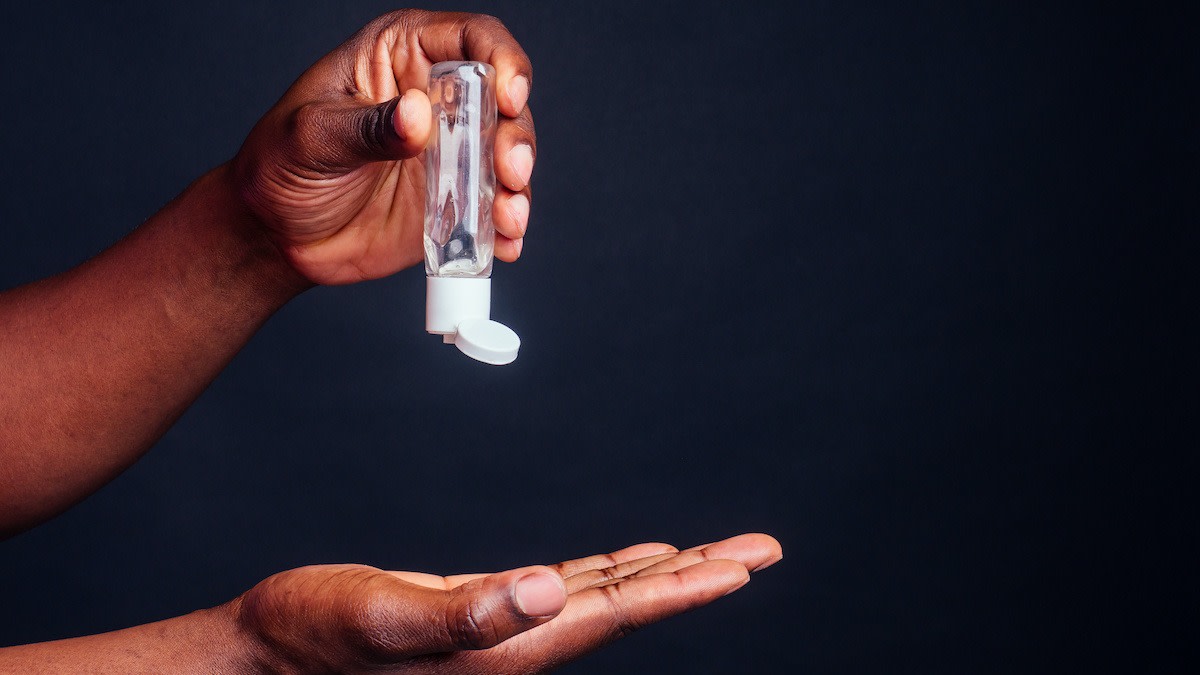Guide to Lube: How to Choose the Right Type of Lube
Written by MasterClass
Last updated: Jun 7, 2021 • 4 min read
Lube is useful for various forms of sex, including foreplay, vaginal sex, anal sex, oral sex, and masturbation, and it’s a beneficial part of a healthy sex life.
Learn From the Best
What Is Lube?
Personal lubricant (informally known as lube) is a liquid or gel used during sexual activity to reduce friction between body parts or a body part and a sex toy. Sexual lubricants increase pleasure and reduce pain during penetrative sex, masturbation, or sex toy play.
4 Types of Lube
There are various types of lube available, each with its own pros and cons depending on your specific situation. Whether you're trying lube for the first time or considering switching to a new brand, make sure you know the differences between four primary types.
- 1. Water-based lubricant: Water-based lube is safe to use with latex condoms and is easy to clean up since it won't stain most fabrics. It's a great option for those with sensitive skin and is also safe to use on vibrators and other sex toys. If you plan to have sex or masturbate in the shower, you may want to opt for another type of lube because water-based lube will quickly rinse away in water. It also dries out quicker than other lubes, so you'll need to reapply it more often during longer sex sessions. Be aware that some water-based lubes contain an ingredient called glycerin, which may cause vaginal irritation and increase the chance of a yeast infection in a small percentage of users.
- 2. Silicone-based lubricant: Silicone lubricant is extremely long-lasting, safe to use with latex condoms, and holds up well under water (making it a great choice for sexual activity in the shower). While it's a benefit that silicone-based lubes last long while you use them, they can be difficult to clean up; you'll need soap and water to wash silicone lube off your body. It can also stain clothing, sheets, and hardwood floors. Avoid using silicone lube with silicone sex toys, as it will gradually cause the sex toy to deteriorate.
- 3. Oil-based lubricant: Oil-based lubes like lotions and petroleum jellies last longer than water-based lube, hold up well in the shower, and are better for external sexual activity like hand-jobs and sensual massages. While you can use oil-based lube for penetrative sex, it tends to linger inside the body and may cause a build-up of bacteria that leads to irritation. In addition, it's not safe to use oil-based lubes with latex sex toys or latex condoms—the oil can cause the condom to deteriorate, putting you at risk for STIs or pregnancy. Oil-based lube can also be difficult to clean up and may stain bedsheets. For those looking for a chemical-free natural lube, coconut oil is a popular choice. Other natural oils like olive oil and avocado oil also have their proponents.
- 4. Aloe vera-based lubricant: Aloe vera lube is relatively new to the market, but it has gained popularity as a natural lubricant. Aloe vera is an environmentally sustainable product (it grows easily with little need for water), but the gel it produces has an odor, which may not be optimal for all sexual situations. It also dries out faster than other forms of lube, and thus it may require reapplication during sex.
5 Tips For Choosing the Right Lube
5 Tips For Chooing the Right Lube
With many types of lube to choose from, it’s important to make an informed decision when selecting one to try.
- 1. Consider what you’re using it for. Different types of lube work better for different purposes. For vaginal intercourse, try a water-based or silicone-based lube, as they are highly unlikely to cause vaginal infections. For anal sex, silicone lube may be best to prevent condom breakage. For oral sex, some brands offer flavored lubes.
- 2. Use sparingly if trying to conceive. If you are having sex in hopes of getting pregnant, be aware that many forms of lube impede sperm mobility. Seek out a style of lube specially formulated to be sperm-friendly.
- 3. Avoid products not marketed as lube. Avoid using non-lube products such as petroleum jelly or moisturizers inside your vagina or anus. These can cause unwanted side effects including infections, and they do not work as well as formulated lubricant.
- 4. Monitor your overall sexual health. Vaginal dryness may indicate a medical issue, including abnormal estrogen levels. Monitor your overall wellness and consult a gynecologist as needed.
- 5. Use extra lube as necessary. If you’re experiencing vaginal dryness as a result of menopause or birth control, use extra lube, particularly when it is water-based, silicone-based, or aloe vera-based.
Let’s Talk About Sex
Craving a little more intimacy? Grab a MasterClass Annual Membership and learn more about open communication with your partners, experimenting in the bedroom, and being your own best sexual advocate with a little help from Emily Morse (host of the wildly popular podcast Sex With Emily).
